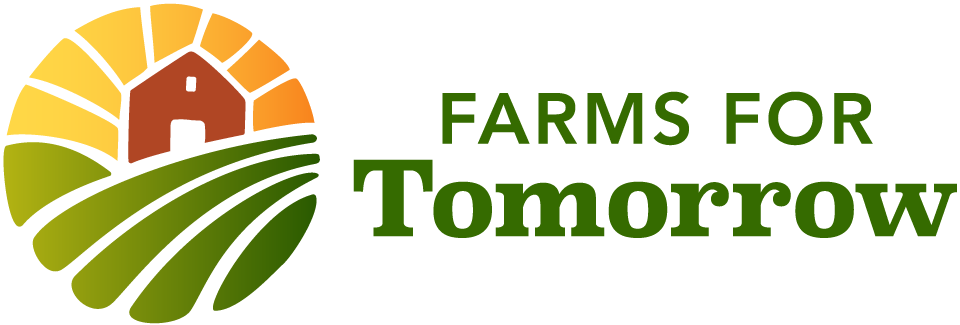Season 4
Why We Should All Save Seeds
Episode 1:
Bill McDorman –
SeedSave.org
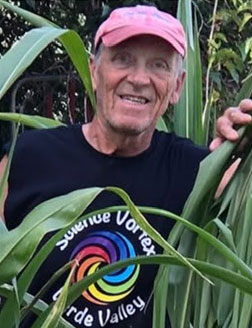
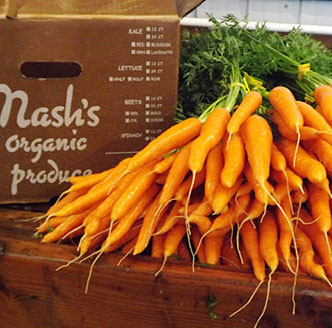
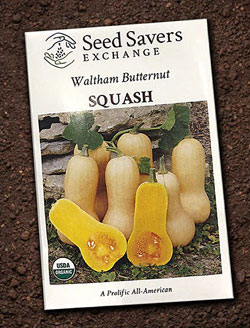
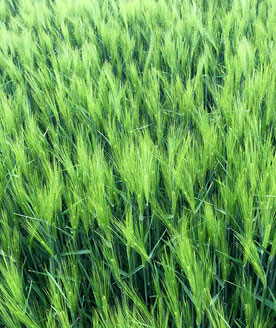
A Call for Local Resilience
Lifelong seed-saving advocate Bill McDorman discusses the centralization of the seed industry, its impact on biodiversity, and the loss of traditional seed-saving practices. He explains the historical role of farmers in breeding resilient crops and how corporate patents have restricted seed-saving. Bill advocates for local seed-saving, regional food systems, and grassroots movements to reclaim agricultural sovereignty and biodiversity.
Part 1 Listen
Who Owns Our Seeds? | Length: 2:48
The seed industry has become highly centralized, with a few corporations controlling most commercial seeds, limiting diversity and farmer autonomy.
Part 2 Listen
The Consequences of Seed Centralization | Length: 2:03
Industrial seed control has led to a dramatic loss of crop varieties, threatening global biodiversity and long-term agricultural resilience.
Part 3 Listen
10,000 Years of Seed Selection | Length: 3:01
Humans domesticated wild plants over thousands of years through seed selection, creating diverse, resilient crops tailored to local environments.
Part 4 Listen
From Farmers’ Rights to Corporate Control | Length: 4:17
Legal changes, including patents and corporate mergers, transformed seeds from a shared resource into a privatized, profit-driven industry.
Part 5 Listen
How Patents Changed Agriculture | Length: 9:29
Supreme Court rulings enabled corporations to patent living organisms, accelerating the loss of farmers’ rights to save and breed seeds.
Part 6 Listen
Patents on Organic Seeds | Length: 7:41
Even organic seeds are now patented, preventing farmers from saving seeds, increasing costs, and undermining sustainability.
Part 7 Listen
Fewer Seeds, Bigger Risks | Length: 4:32
Corporate seed control prioritizes profit over biodiversity, limiting the adaptability of crops in the face of climate change.
Part 8 Listen
How Communities Can Take Back Agriculture | Length: 5:26
Rebuilding local food systems requires seed-saving networks, community engagement, and education to foster agricultural independence.
Part 9 Listen
Seed Saving – Where to Begin? | Length: 4:32
Farmers and gardeners alike should start with a crop they love, learning to grow, save, and adapt seeds to their environment.
Part 10 Listen
Debunking the Myths of Modern Seeds | Length: 5:15
Seed companies spread myths to discourage seed saving, but traditional methods remain effective, adaptable, and necessary.
Part 11 Listen
Rediscovering Einkorn Wheat – Why It Matters | Length: 3:04
McDorman highlights einkorn wheat as a resilient, nutrient-rich grain that has remained genetically pure for thousands of years.
About Bill McDorman
Bill McDorman, a lifelong seed saver and passionate advocate for seed sovereignty is dedicated to empowering people to save and share their own seeds. He has worked to preserve heirloom and open-pollinated seeds through education, activism, and community organizing. more
More Information
Basic Seed Saving by Bill McDorman
Philip Howard, PhD, Michigan State University (seed industry centralization drawing)
Colin Khoury, PhD, Wageningen University & Research
What is Happening to Agrobiodiversity?
Gregor Mendel, “Father of Genetics”
Bill Tracy, PhD, University of Wisconsin-Madison
Plant Variety Protection Act of 1970
Ananda Chakrabarty, PhD, University of Calcutta
AIB: Anti-Infringement Bureau for Intellectual Property Rights on Plant Material
The American Story of Corn
Episode 2:
Walter Goldstein –
Mandaamin
Institute
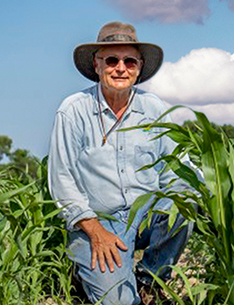
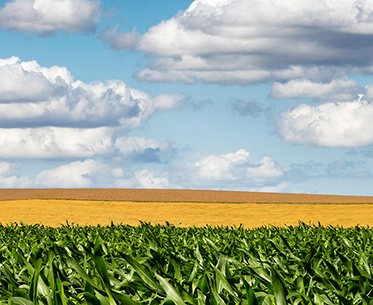
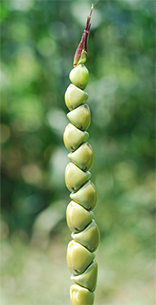
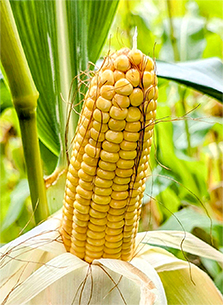
A Partnership Between People and Plants
Corn breeder and researcher Walter Goldstein traces the long arc of corn’s evolution, from its Indigenous origins to modern breeding challenges. He explores corn’s deep history on the American continent, a story of the living relationship between people and plants. Walter describes his work at the Mandaamin Institute, where he breeds corn for organic farming with desirable qualities: high nutritional value, nitrogen-fixing capability through a relationship with bacteria, and resistance to GMO pollination. These excerpts are taken from Walter’s 2016 presentation at the American Dream Conference, hosted by the MaaViva Institute.
Part 1 Listen
Corn and Its Indigenous Origins | Length: 3:08
Wild corn didn’t have a cob. The corn cob was created by Indigenous people over thousands of years.
Part 2 Listen
Corn as an Ancestor | Length: 1:01
In many Native cultures across the Americas, corn is much more than food; it’s experienced as sacred, a living relative.
Part 3 Listen
The Anatomy of Corn | Length: 2:04
Corn’s unique reproductive system came about through Indigenous cultivation, observation and care.
Part 4 Listen
The Diversity of Corn | Length: 1:23
Corn comes in many colors, shapes, and sizes—each one formed by different cultures and environments.
Part 5 Listen
The Breeder’s Intuition | Length: 3:37
Good breeders rely on intuition and sensory experience to understand and guide the living, evolving nature of corn.
Part 6 Listen
Breeding for a Better Future | Length: 1:45
The aim is to improve nutritional value, enhance yield, strengthen resilience and reduce chemical inputs.
Part 7 Listen
Competing with Big Ag | Length: 1:02
Mandaamin’s goal is to produce higher quality alternatives to the seed from major agrochemical companies.
Part 8 Listen
Hybrids, Inbreds, and Open-Pollinated Varieties | Length: 2:04
Walter explains the difference between hybrids and open pollinateds and why most organic farmers want hybrids.
Part 9 Listen
Restoring Integrity to Corn | Length: 2:30
The focus is on breeding corn that remains true to its nature, emphasizing nutrition and cultural tastes and yields as well as conventional.
Part 10 Listen
Keeping Corn Clean: Cross Incompatibility | Length: 2:25
Cross incompatibility is a natural tool breeders use to stop unwanted pollen and protect the purity of their corn.
About Walter Goldstein
Walter Goldstein is a corn breeder and founder of the Mandaamin Institute, a nonprofit dedicated to developing nutrient-rich, nitrogen-efficient, GMO resistant corn for organic farmers. After earning his MSc and PhD in agronomy from Washington State University, Walter spent 25 years leading research at the Michael Fields Agricultural Institute before launching Mandaamin in 2011. more

